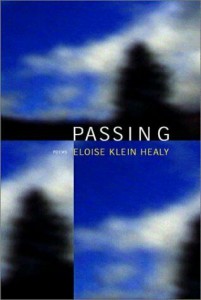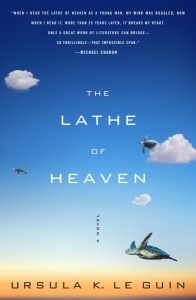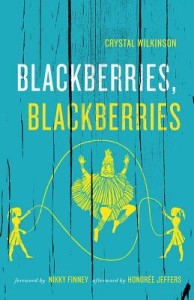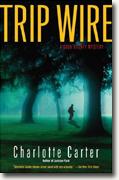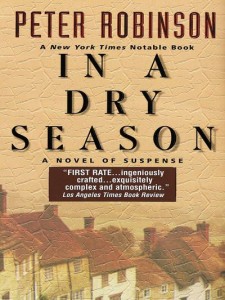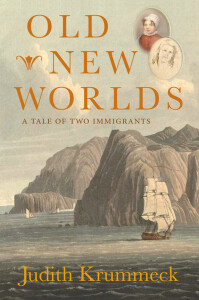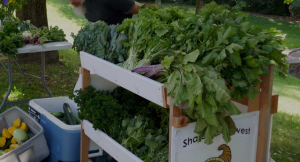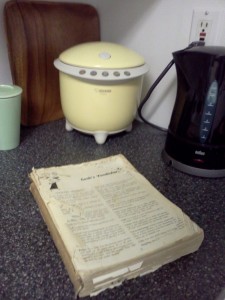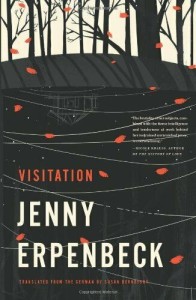I’ve been meaning to read Healy’s poetry for some time and was happy to find this 2002 collection. Unlike Nella Larsen’s novel, passing here has no racial connotations. Instead, as indicated in the title poem, “These are the days that must happen / to you, Mr. Whitman says.”
The passing days embodied in these poems are ones that happen to many of us: the loss of a father, a friend’s breast cancer. And even if the experiences are unfamiliar—such as when she writes about the impact of her coming out: the end of her marriage, the changes in other relationships—the emotions are all too recognisable.
Her elegies for the friends who have died too soon of AIDS or other causes are particularly moving. She finds just the right balance of praise, grief, beauty, and occasionally humor. Sometimes it’s an image that surprises me into grief, such as in “Postcard” the sudden vision of “a room in which the chair of an artist / painted by another artist sits empty” reminding me of all the grief and loss around the relationship between Van Gogh and Gauguin. Sometimes it’s a particular memory, such as in “Louganis” the way people turned on the beautiful and celebrated diver when he contracted AIDS.
One of my friends gets wrought up about poems where, if you remove the line breaks, read like prose. Lovely prose, perhaps, but prose nonetheless. It’s a danger when you employ a conversational style. There are a few like that here, sometimes redeemed by a gorgeous or startling image at the end. Curiously, these are mostly ones about hackneyed or sentimental themes: a sunset on the beach, a spiritual experience. It makes sense to choose a more prosaic style for these to undercut any tendency toward grandiosity.
There are many more pieces that do work beautifully as poems, making me go back and forth trying to pinpoint why they work and not the others. What I found were the usual suspects: compression, fresh imagery, word choice, gaps we must leap over. Sometimes repetition. Sometimes the spacing lends a weight to the words that they would not have if run together like prose, making us stop and pay attention in a different way.
And I found one of the things I love best in a poem: a gradual unfolding, as though a flower opens petal by petal to reveal its heart. Such is the poem that is my favorite, partly because it speaks so intimately to me. The title is a line from Rilke’s “The Torso of Apollo”, one that has dominated much of my life. It sent me on a year-long journey during which I wrote the poems in my own first collection. And, well, trees. Here is the beginning of “You Must Change Your Life”:
The stories say your animal will tell you
what you must do.
The tale from Nicaragua adds this—
that life in the city is cleansed of the animal
and you must go to the trees
so your animal can tell you what to change.When I write about trees
I know I’m talking about love.My animal is a tree
and my trees are birds
and my birds are animals
who burst from there walking
into a sky waiting for this transformation
as if it had nothing else to do
but receive.
It goes on, opening more and more, as does this collection, rewarding closer study.
Is there a poem or perhaps an image from a book that has stayed with you? One that speaks to you and what your life is like right now?
